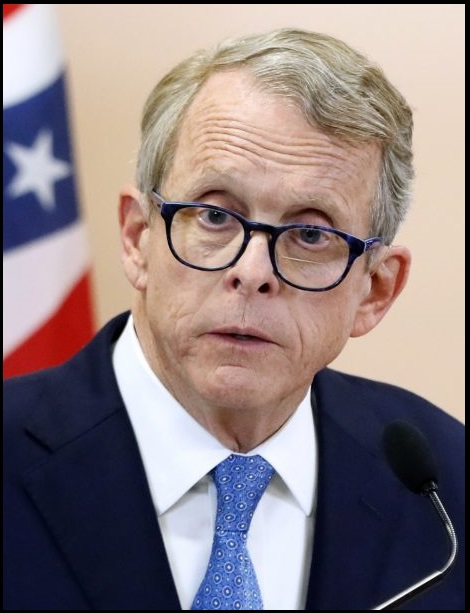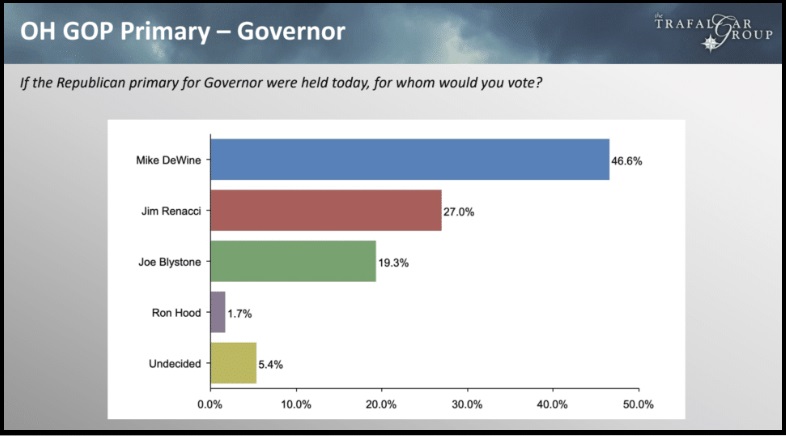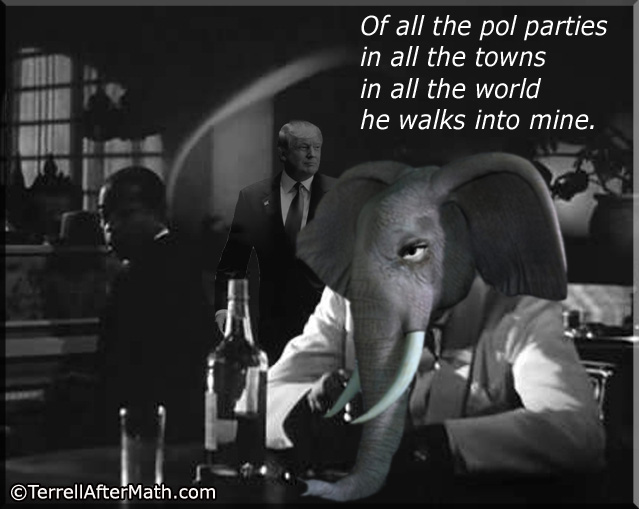 Most of the base GOP voters now realize this 2022 primary season is as important to the 2022 outcome as the November election. However, as we have noted in the two-club system, the republican club leadership are using their familiar playbook. Here’s the situation with the Ohio governor’s race.
Most of the base GOP voters now realize this 2022 primary season is as important to the 2022 outcome as the November election. However, as we have noted in the two-club system, the republican club leadership are using their familiar playbook. Here’s the situation with the Ohio governor’s race.
Ohio Governor Mike DeWine (pictured left) shut down businesses his state during COVID and was generally one of the worst “republican” governors in the country during the covid-19 fiasco. DeWine is a typical party/club insider, a left-leaning, ultra-sensitive, spineless worm who operates, like many politicians, as a republican in name only.
Ohio conservatives want to get rid of DeWine, but the club rules are designed to protect him. The GOPe has a perfectly executed splitter strategy in place in Ohio to protect DeWine, as you can see from the latest Republican polling:

DeWine has less than 50% support amid the republican voters in Ohio. However, challengers Jim Renacci and Joe Blystone are splitting the anti-DeWine vote, creating a scenario where DeWine is likely to win the primary with less than majority republican support. [Note; there is no runoff in Ohio, whoever gets the most votes wins the primary.]
These types of party rules are designed to protect the club’s selection.
The Ohio GOPe are always going to be in control of the outcome by organizing and maintaining the republican primary rules. It’s very likely when the final count takes place tomorrow, the combined Renacci/Blystone vote will exceed the votes of DeWine. However, DeWine will advance to the November election because the non-DeWine vote was split. That’s the splitter strategy in action.
Unfortunately, we can expect this exact same design to play out in other primary races this spring/summer. Both clubs use it to control the outcome of their primary elections. If there is a direct head-to-head primary challenge, the club will often recruit another candidate to play the role of the vote splitter.
This ‘splitter approach’ is also the central control mechanism for national club organizations like the DNC and RNC. We see it play out everywhere in primary contests in order to control the outcome for the general election.
In the 2020 Democrat primary, Elizabeth Warren was told to stay in the race after Super Tuesday in order to keep splitting the primary votes which protected Joe Biden (club selection) from Bernie Sanders (popular base support). If Warren had dropped out with the other primary candidates Bernie Sanders would have benefitted; so the club told her to stay in until Bernie was fully defeated by Biden.
Both clubs use this vote splitting scheme to retain control.
The other approach is for the clubs to keep the primary ‘open’ to voters of either party. Then they coordinate voter support to enhance their preferred loser. That’s what is going to happen in Georgia where Democrats will vote in the republican primary to make Brian Kemp the GOP nominee for November. Stacy Abrams is positioned to win the November general election, but putting the weakest and most disfavored republican as her opposition.
Remember, political parties are private clubs. There are no election laws regulating how they make their own rules. The result is internal club rules that control election outcomes.
The participants inside the club are directly connected to the business interests that give the directions.

Re primaries being run according to private party rules, well, yes and no. Missouri has open primaries, however that is according to statute, not party rules.
Having said that, with Republicans holding majorities in the State House and the State Senate, as well as the Governorship, they could certainly change that if they wanted to. Some do, some don’t.